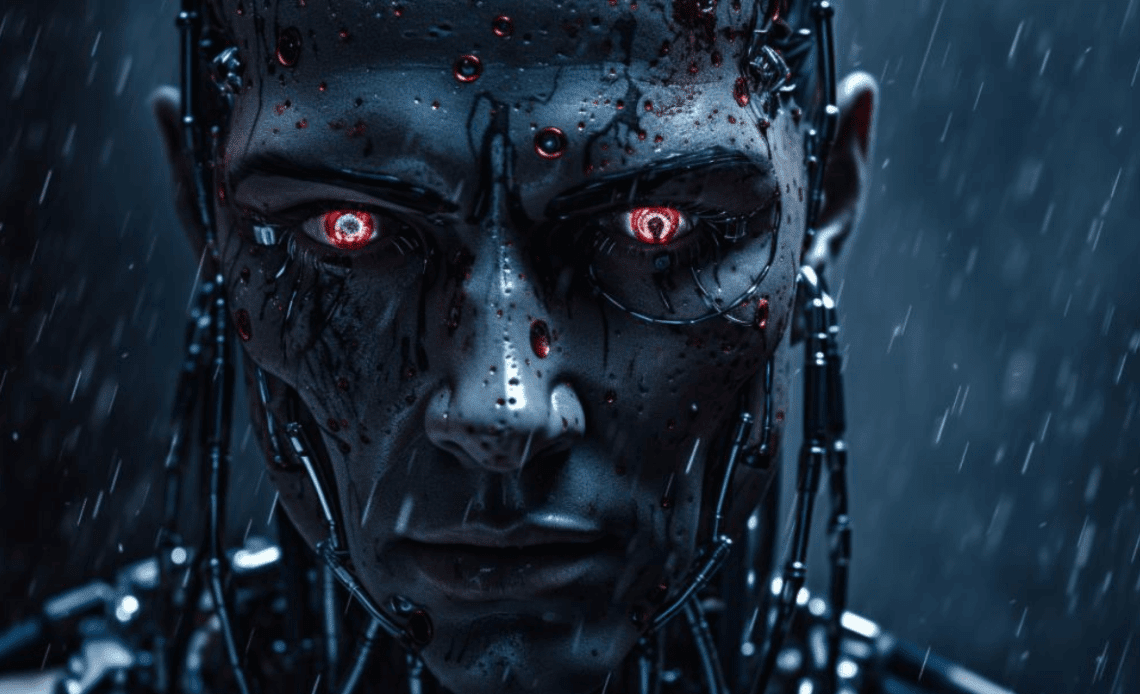Photo was created by Webthat using MidJourney
Alarming Discovery of AI-Generated Child Sexual Abuse Material
The investigation reveals that pedophiles are utilizing artificial intelligence (AI) technology to produce and distribute realistic child sexual abuse images. These individuals access such content by subscribing to accounts on mainstream platforms like Patreon, raising concerns about the platforms’ responsibility in preventing this illicit trade.
Platforms Grapple with “Zero Tolerance” Policies
While Patreon asserts a “zero tolerance” policy toward objectionable imagery on its platform, the National Police Chief’s Council denounces the profits generated by platforms that fail to shoulder their moral responsibilities.
GCHQ, the UK’s intelligence agency, warns that AI-generated content might constitute the future of child sexual abuse material, urging vigilance in combating this evolving threat.
The Role of AI Software in Facilitating Abuse Imagery
AI software called Stable Diffusion, initially designed for art and graphic design purposes, is now being exploited by creators of child sexual abuse material.
By using word prompts, users can generate lifelike images depicting child sexual abuse scenarios, including the rape of infants and toddlers. UK police have already encountered such content during online child abuse investigations.
The Scale and Extent of AI-Generated Abuse Images
Freelance researcher Octavia Sheepshanks, who has extensively studied this issue, highlights the industrial-scale production of AI-generated child abuse images.
Shockingly, these images are not limited to young girls but also include toddlers, exacerbating the severity of the problem. The possession, publication, or transfer of “pseudo images” is illegal and treated with the same gravity as real child abuse images.
Distribution Channels and Platform Exploitation
Pedophiles use a three-stage process to share abusive images: creating AI-generated images, promoting them on platforms like Pixiv (a Japanese social media platform), and directing customers to more explicit content on sites such as Patreon.
Pixiv, while hosted in Japan where certain sexualized depictions of children are legal, has taken steps to address this issue and ban photo-realistic depictions of sexual content involving minors.
Patreon’s Involvement and Call for Accountability
Investigation findings expose Patreon accounts offering AI-generated, photo-realistic child abuse images for sale, with different pricing levels depending on the requested material.
Although Patreon claims a “zero-tolerance” policy, it acknowledges the rise of harmful AI-generated content and pledges continued efforts to remove such material. Calls are made for tech companies to take decisive action against the use of their platforms for facilitating child sexual abuse.
CLICK HERE TO READ MORE ON WEBTHAT NEWS


